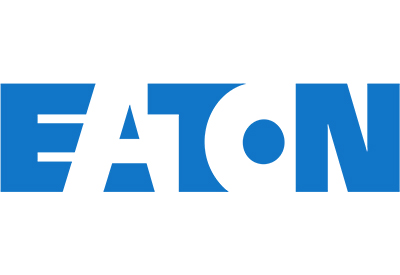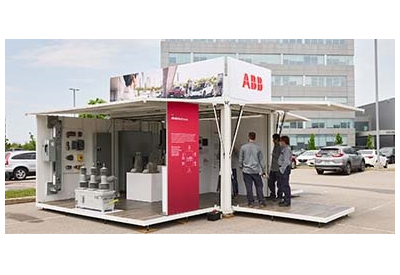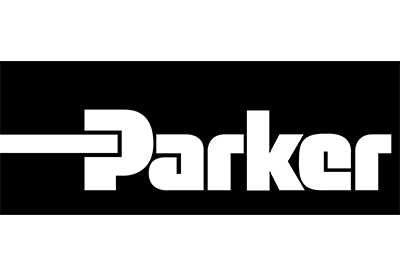Eaton Launches First-of-Its-Kind Capacitor Recycling Program as Part of Effort to Drive a More Circular Economy

September 15, 2020
Power management company Eaton recently announced it has launched a new recycling program based out of its Emerald Road facility in Greenwood, South Carolina, that allows customers to responsibly dispose of aged, obsolete or damaged power capacitor units. The program includes onsite material pickup and supports any unit, regardless of age, original manufacturer or condition.
“At our site, we concentrate our efforts on several environmental variables within our direct control such as the materials we use, the efficiency of our equipment and the water and energy consumption at our plants,” said Gordon Pettersen, product manager, capacitors, Eaton. “Now we’re expanding our focus to include end-of-life management of equipment.”
The program was initiated after the team received customer interest in a recycling program, which aligns with Eaton’s broader effort to help its customers reach their sustainability goals. “It became very clear that this was something our customers were hungry for,” said Pettersen. “We started drilling down into what exactly customers wanted in a recycling service and received plenty of feedback around site pickup and the ability to recycle any unit. That’s how we designed our program.”
The capacitor unit recycling process will vary depending on the material, construction and age of the unit. Where applicable, recovery of capacitor dielectric fluid will be collected and introduced into re-refining operations to become an ingredient in oil-based products. Metals such as steel, stainless-steel, aluminum and internal wires will be sorted, shredded and melted and will undergo purification processes for future use in steel and non-ferrous goods manufacturing. And although some materials will be incinerated, this will only be used if the heat generated by incineration is collected and used to create more energy than was required for the incineration process.
This program is an example of how Eaton is driving the movement to a circular economy— one that is aimed at eliminating waste and making the best use of natural resources. It is also in alignment with Eaton’s recently announced sustainability goals, which include the company’s commitment to science-based targets and its intention to become carbon neutral in its operations by 2030. Over the same time period, Eaton also aims to certify 100 percent of its manufacturing facilities as zero waste-to-landfill—a designation Eaton sites earn when they achieve a landfill waste diversion rate of 98 percent or more through reuse, composting, recycling or other means. The Emerald Road facility in Greenwood reached zero waste-to-landfill status in 2018.
“We are excited to provide this recycling program as it truly fills a critical need within the industry,” said Randy Gazdecki, product line manager, capacitors, Eaton. “By leveraging our facility’s successes, we are able to offer a comprehensive program that completes the life cycle of our product.”
The Emerald Road facility in Greenwood produces capacitor units, switches, assembled equipment and network protector products for utilities and other industrial companies. It has 215 employees.







